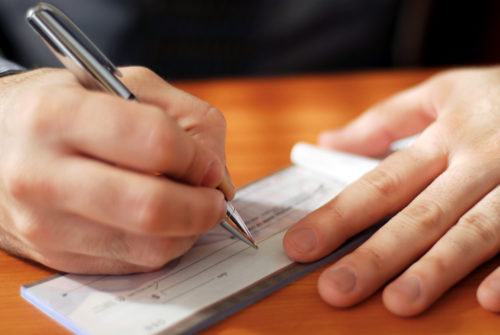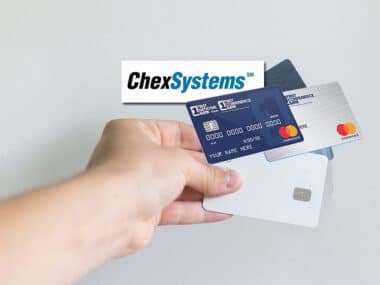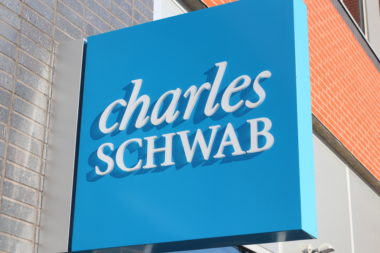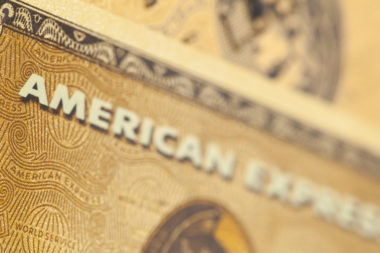A check “made out to cash” literally has the word “cash” in the payee line. This is different from writing one for someone whose first name is Cash, and is instead meant to represent either paying an unknown payee, or just getting cash in exchange for the check. Why and how would you do this? Let’s find out.
Table of Contents
How To Write a Check for Cash
This is the easy part. You, as the payer, typically write the name of a person or company in the payee line. In this case, you simply write the word “cash” and leave it at that. An alternative method is writing “bearer” instead, as the check will be cashed to the bearer of the check, regardless of who that person is or what their legal name actually is.
Why Write a Check Made Out to Cash?
As implied above, the main reason to write a check out to cash is so that whoever is carrying the check can cash it. This might be you, or it might be someone else.
To Pay an Unknown Payee
If you don’t know who the actual payee is, whether it’s a specific person or an organization, making a check out to cash allows an unknown payee to cash the check. This can also be helpful if you don’t know how to spell the person’s name, since a bank will likely check the person’s ID against the payee line.
To Write Yourself a Check
While it’s easier to simply visit your bank or withdraw with your debit card from an ATM if you have cash in your account, it’s possible to cash a check at an ATM or other bank. Writing yourself a check, pay to the order of cash, can also help if you do not have access to your own bank or an ATM.
Bear in mind that if you cash the check at an ATM, the bank is fronting you the money as a cash advance — it doesn’t technically cash the check immediately, as it still has to verify the check and transfer funds. It’s entirely possible the check could still bounce, despite you having cash in hand. For this reason, some banks will not cash checks made out to cash.
The same goes for trying to move money between two banks with a check. If you have two accounts, each with a different bank, it’s easier to simply electronically transfer funds.
To Hide the Paper Trail
If, for whatever reason, you need to hide a paper trail, you can disguise the payee by making a check out to cash instead. Official bank records will not show who cashed the check, only that it was cashed. This allows you to balance your finances, as it will show the money taken from your account, with no actual recipient.
Risks of Writing a Check Payable to Cash
Theft and Loss
There are risks to making a check out to cash. Because anyone can cash it, if you lose the it, it could essentially be cashed by anyone. You can cancel the check, but if the money is already gone, you likely have little recourse. Be sure to hold on tight to checks payable to cash and avoid endorsing it until you are ready to give it to the payee.
Bank Policies
As mentioned above, banks might be hesitant to cash checks made out to cash. They may refuse to cash them, or they could place a longer hold on the funds. By the same token, asking them to create a check for you, made out to cash, may be met with a flat refusal.
How To Cash a Check Made Out to Cash
The process is the same as cashing any other check. Decide whether you want cash or to deposit the funds, then go to your bank or credit union. It’s important to remember that banks may be hesitant, but only use check cashing companies, especially ones that that charge, as a last resort. These include actual check cashing companies, or retailers like Walmart and 7-Eleven. They may not take handwritten checks, instead only cashing pre-printed checks like paychecks or government checks.
Otherwise, simply endorse the back — it might be a good idea to also put your account number — and deposit or cash it. It’s best if you find the nearest branch of the issuing bank. If you are receiving a check made out to cash, you may want to request instead that it just have your name, as this will greatly simplify the process, and you should not have any trouble cashing or depositing the check.
Image Source: https://depositphotos.com/





